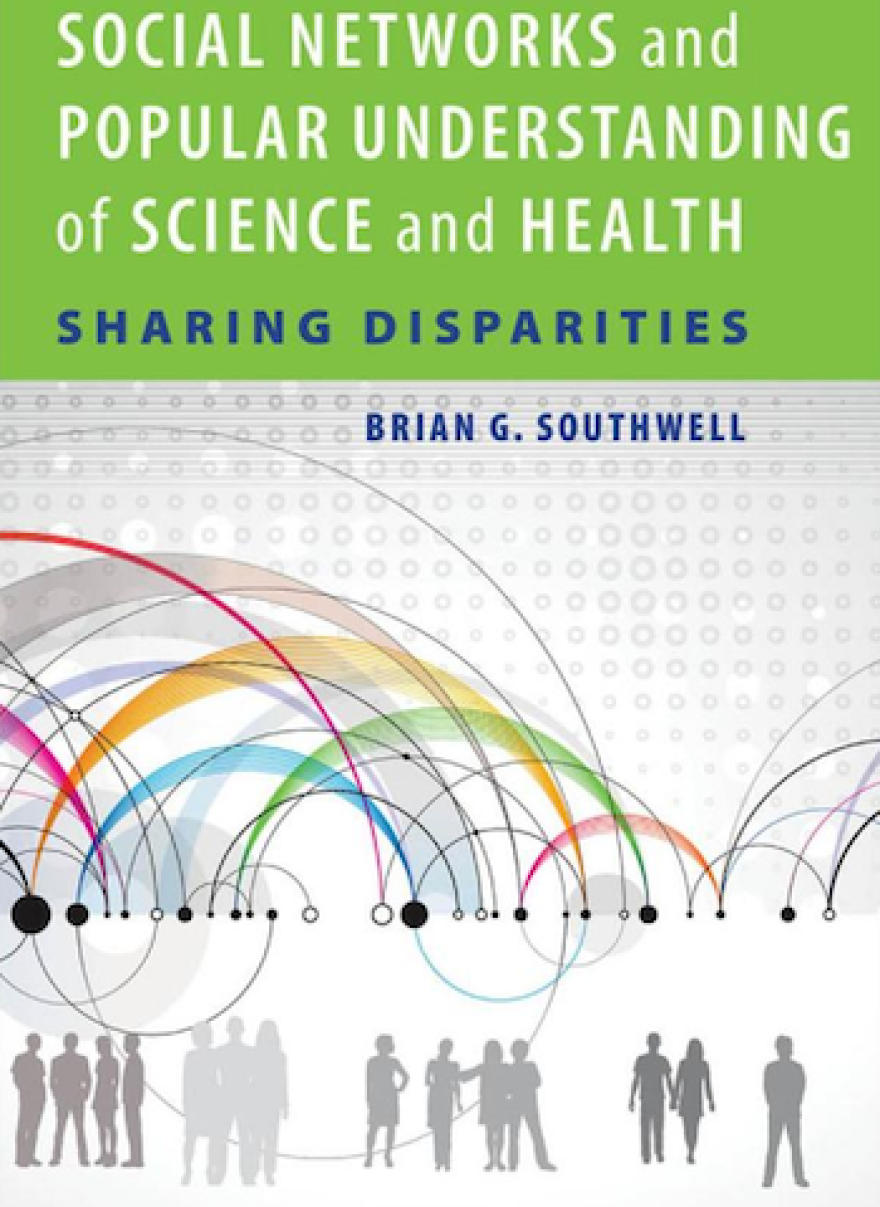Scientists and public health officials are increasingly turning to social media and peer-to-peer networks to educate the public.
The Center for Disease Control tweets daily, and earlier this week, North Carolina’s Department of Health and Human Services held a Twitter town forum to discuss mental health reform.
But according to research scientist Brian Southwell, author of “Social Networks and Popular Understanding of Science and Health” (Johns Hopkins Press/ 2013), reliance on social networks results in great inequalities.
According to Southwell, people are not equally connected. He points to a study from Harvard in 2010 that examined displaced victims of Hurricane Katrina. Respondents who were emergency-evacuated from of New Orleans just days before the storm were also less likely to have local networks of friends and family.
“There were a lot of folks that were off the radar, more marginalized… They were missing out on potentially life-saving information just by virtue of the fact that they were less well-connected,” said Southwell in an interview on The State of Things.
In addition to perpetuating social inequalities, peer-to-peer networks also affects the types of information that spreads. According to Southwell, emotionally-charged or controversial topics are more likely to go viral, such as the rumored link between autism and vaccines.
Despite the Center for Disease Control and the American Academy of Pediatrics denying the link between vaccines and autism, the number of parents refusing to vaccinate their children has declined every year since 1998.
According to Southwell, conversations such as the ones concerning the link between autism and vaccines diverts focus away from other health issues.
“People don’t necessarily talk about more mundane aspects. We might think about topics that may affect a much larger number of people, heart health for example,” said Southwell.



